Mortgage Protection Insurance
Do you know how to keep a roof over your head? The right insurance is so important when it comes to keeping the home you’ve worked so hard to get. It can be a bit confusing with lots of jargon, so we’ve put together this Guide to help you.
Your home may be repossessed if you do not keep up repayments on your mortgage.
Exclusive broker partner to
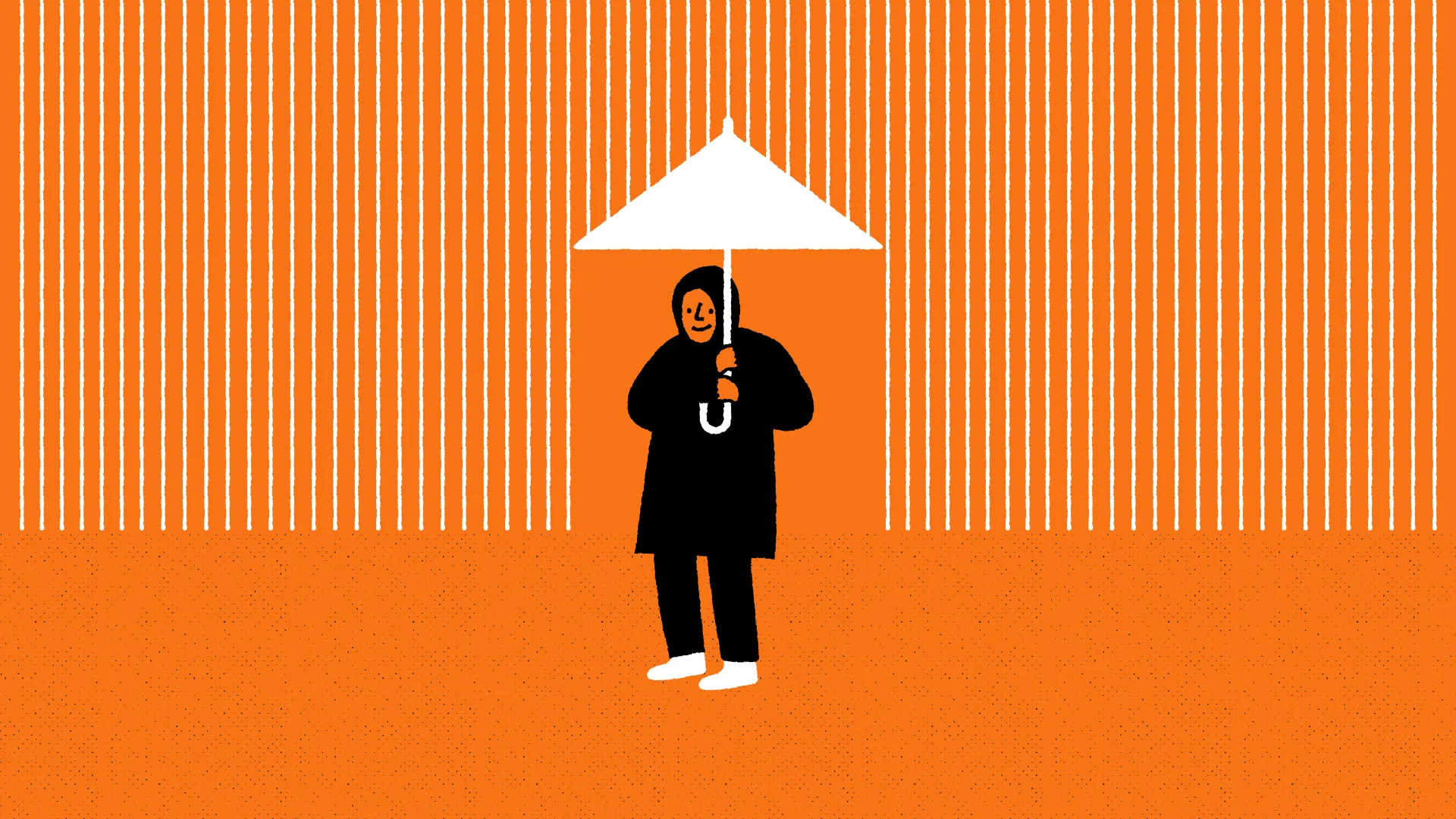
Author: Michael Whitehead Head of Content
10 mins
Updated: Oct 29 2024
Author: Michael Whitehead Head of Content
10 mins
Updated: Oct 29 2024
Please be aware that by following any external links you are leaving the Haysto website. Please note Haysto nor HL Partnership Limited are responsible for the accuracy of the information contained within external websites accessible from this page.
On this page
Why do I need insurance when I take out a mortgage?
On a basic level, it’ll be a condition of your mortgage contract that you take out Buildings Insurance. Your mortgage lender has a big stake in your home, so they want it to be protected. They’ll lose money if something happens to it, so that’s why they need you to insure it!
Beyond the building itself, it’s really important to consider protecting your ability to pay the mortgage. You might be fine paying the mortgage now, but what would happen if you or a loved one fell ill, or lost your job? Life can throw us curveballs, and insurance makes sure that - should the worst happen – your mortgage is paid and you can keep your home.
What are the different types of Protection Insurance?
There's a few types of cover to look at when protecting you and your family:
Income protection

What is Income Protection?
Basically, Income Protection insurance protects your income. If you found yourself unable to work because of illness or injury, then income protection pays you a regular monthly income so you don’t have to struggle with bills and living costs. You’ll continue to get monthly payments until you go back to work or retire.
You won’t get your full earnings, but should expect around half or two-thirds of your gross earnings before you had to stop working. This is because the money you get is tax-free and adjusted for any state benefits you can claim.
Do I need Income Protection?
Life has its ups and downs, and it’s a good idea to protect what you earn so that you won’t fall into financial trouble if you suddenly stop working. You usually have to wait a minimum of four weeks before you start getting payments, but they can then continue for up to two years or more.
You might already have some form of Income Protection or Critical Illness cover through your work if you're an employee, so it’s worth checking with your HR department.
If you have savings which you plan to use in an emergency, really think about whether you want to rely on savings. You may not be able to save enough to cover a long-term sickness. And if something else happens, you don’t want to have used all your emergency cash.
How is Income Protection calculated?
When figuring out how much you’ll pay, insurers will look at your family’s medical history to see what kinds of illnesses you’re more at risk of getting. Some insurers will cover existing medical conditions and some won’t, so we will shop around for the right cover if you have any conditions to make sure you’re getting the best overall policy for you.
Insurers will also check to see if you have a risky job. The riskier your job, the more you’re likely to pay.
Life Insurance
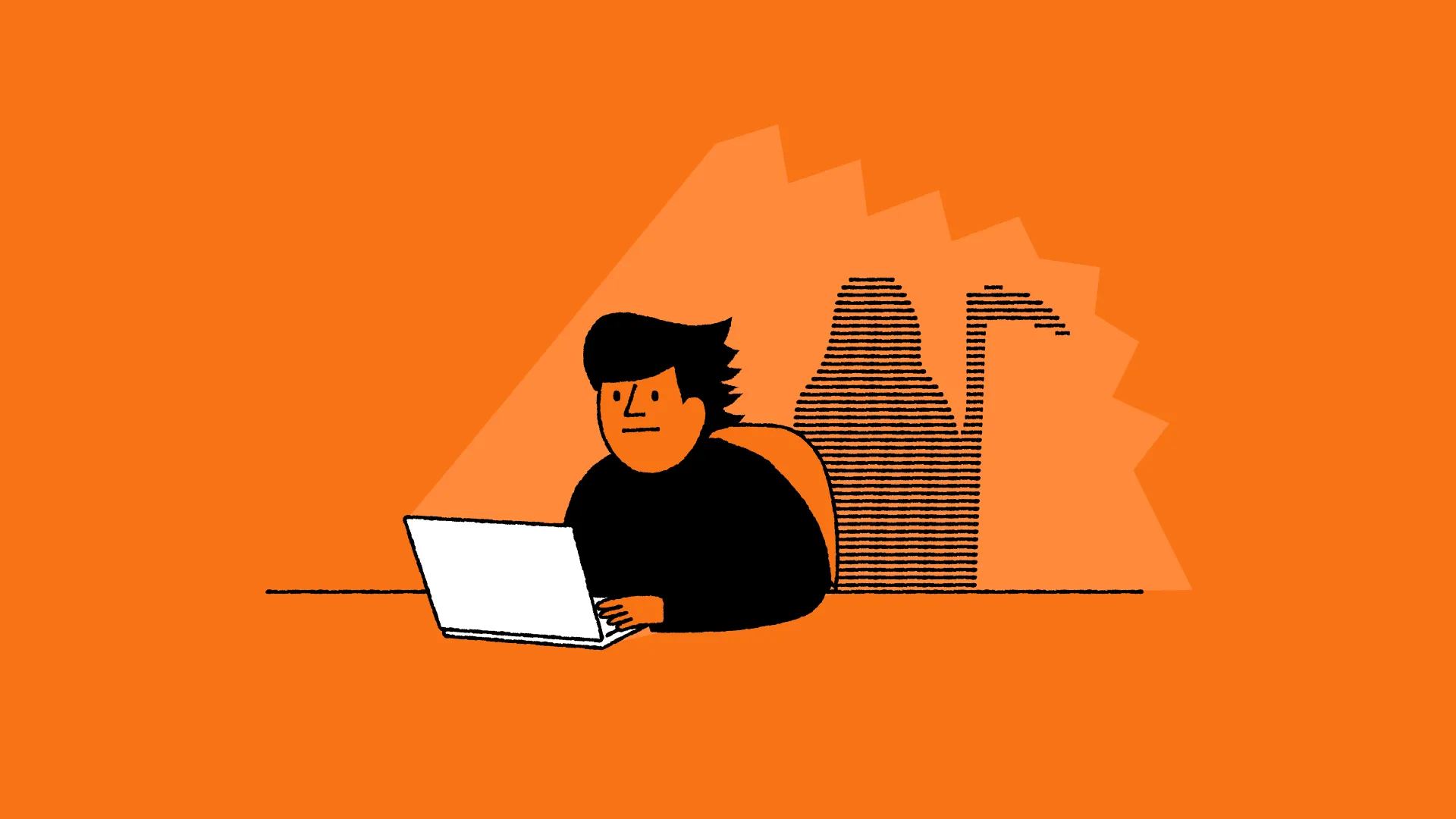
What is Life Insurance?
Life Insurance pays a lump sum of cash to your family if you die. Some insurers will also pay out if you become terminally ill. It’s never nice to think about, but life insurance can cover the costs of your debts (including your mortgage), funeral expenses, and living costs for your family after you’re gone.
There are two main types of life insurance:
‘Term’. Where you're covered for a specified period of time (e.g. until you’re mortgage-free, or your children have grown up). The money’s only paid out if you die during this time.
‘Whole-of-life’. Where there’s no specified period - you’re covered until your death. They’re generally a lot more expensive than the term option.
Do I need Life Insurance?
If you’ve got a family or bills to pay, life insurance is a literal lifeline for the people left behind. The monthly payments tend to be very affordable, so it’s a small price to pay to know your loved ones will be cared for if the worst happens.
How is Life Insurance cover calculated?
Insurers will take a few things into account when working out your life insurance:
Your age - the older you are the more you’ll pay, as your risk of getting ill increases with age.
Your overall health - if you're already healthy then you’ll pay less
Your job - you’ll pay more if you have a risky job
Your lifestyle - expect to pay more if you smoke or have any dangerous hobbies
Different insurers have different ways of measuring risk, so it’s a good idea to work with an expert who can explore your options.
Critical Illness
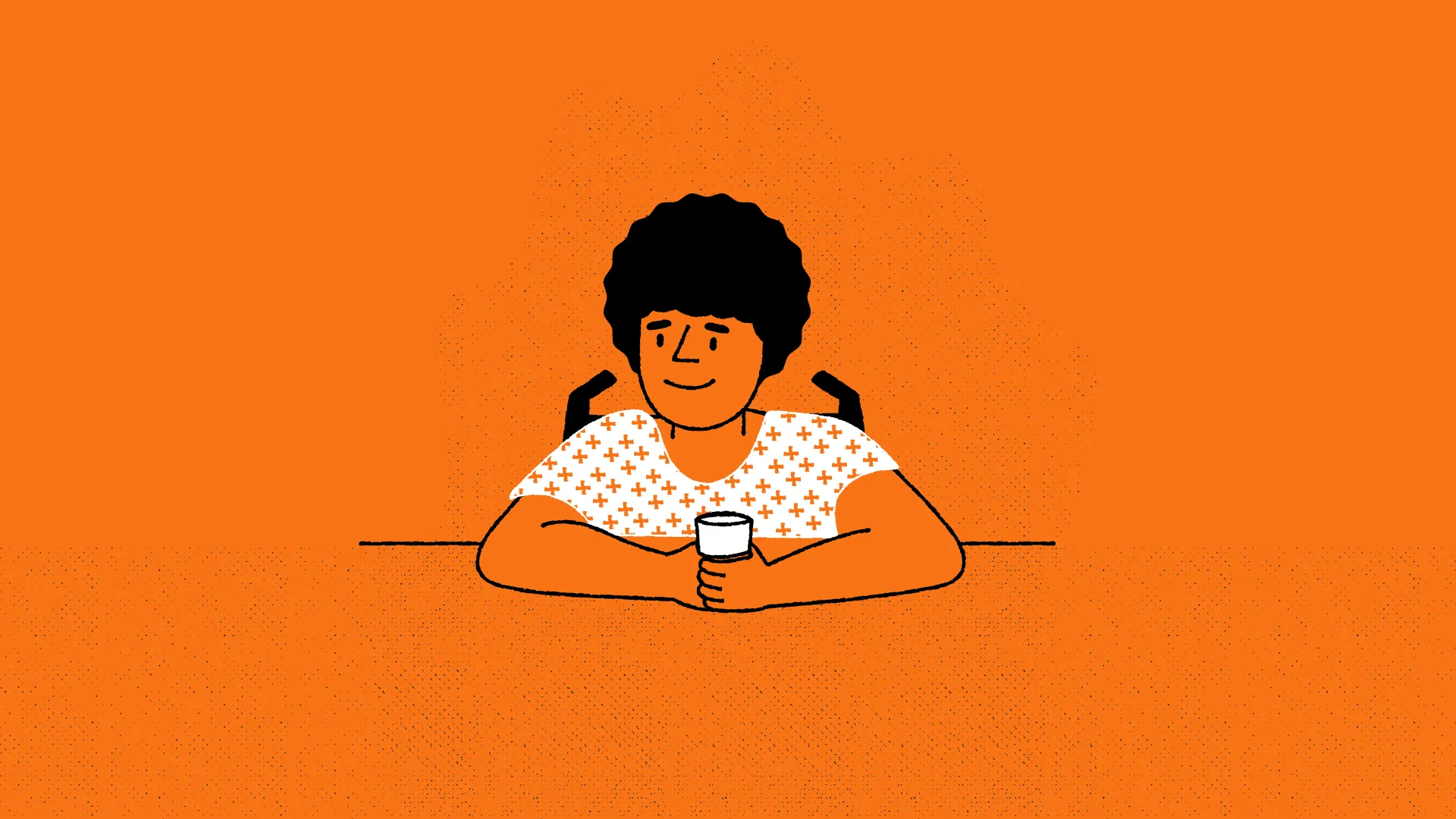
What is Critical Illness cover?
Critical illness insurance gives you a lump sum of cash if you’re diagnosed with a certain illness or injury. This particular insurance type covers more serious and long-term conditions such as heart attack, stroke, loss of limbs, cancer, or Parkinson's disease.
Critical illness doesn’t cover every type of sickness, but most insurers have on average over 60 different illnesses on the plan that you will be covered for. Upon a successful claim the policy can usually pay within 10 days.
Do I need Critical Illness cover?
Unexpected illness is a huge reason why a lot of people get into debt. If you were to suddenly become sick, having a large sum of money to pay your mortgage, bills and everyday expenses can be a lifeline. The cash is yours to spend how you like.
Even if you plan to claim state benefits or sick pay from your employer, it might not be enough to cover all your outgoings. You should consider how much money you’ll need each month to stay comfortable.
How is Critical Illness cover calculated?
It can feel intrusive, but you’ll need to answer your Insurance Specialist’s health and lifestyle questions honestly. If you’re not totally upfront, your insurer may not pay out later down the line - you want to have total peace of mind. Some insurers will cover pre-existing conditions, so let your Insurance Specialist know and we’ll ensure that you’re covered with the right insurer - tailored specifically to your general health and lifestyle.
How much you’ll pay will depend on the following things:
Your age - the older you are the more you’ll pay, as your risk of getting ill increases with age.
Your overall health - if you're already healthy then you’ll pay less
Your job - you’ll pay more if you have a risky job
Your lifestyle - expect to pay more if you smoke or have any dangerous hobbies.
Family Income Benefit

What is Family Income Benefit?
Family income benefit provides regular income for your loved ones if you die during the term of the plan. It's not a pot that you pay into, so you don't build up a stash of money - if you stop making payments your cover will end.
Do I need Family Income Benefit?
Family income benefit is good if you have a young family and want to protect against the loss of income provided by one or both parents.
Should the worst happen, the policy will pay an annual income from the time of death until the end of the policy term.
How is Family Income Benefit cover calculated?
The amount of time you'll receive annual payouts - known as the policy term - is usually worked out based on the age of your youngest child, and will run until they're old enough to no longer be considered a dependent. The income payout is normally tax-free and the money can be used for any reason you like.
Buildings insurance
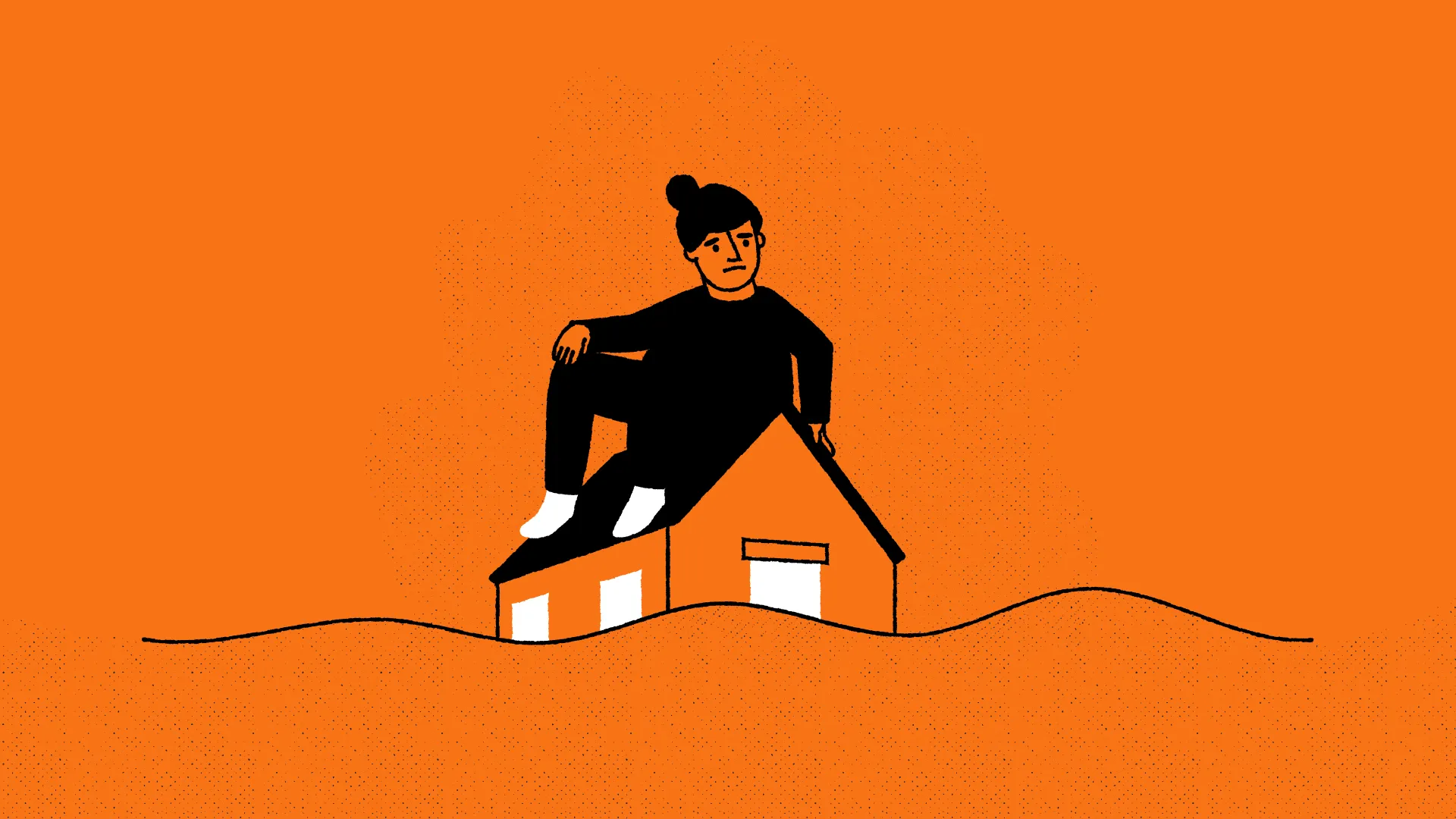
What is Buildings Insurance?
Buildings Insurance does what it says on the tin - it covers the actual building. Should something happen to your home, buildings insurance covers the cost of repairing any damage or completely rebuilding it.
Things like sheds, garages and fences can be included, and your policy covers damage caused by:
Fire, explosion, storms, floods, earthquakes
Theft, attempted theft and vandalism
Frozen and burst pipes
Fallen trees, lampposts, aerials or satellite dishes
Subsidence
Vehicle or aircraft collisions
Do I need Buildings Insurance?
Yes. This is the only cover that your mortgage lender will INSIST you take out. They want to protect their investment in your home, so your insurance needs to be sufficient enough to cover the cost of rebuilding it to its original market value.
When buying a house, you should get your insurance to start on the day you exchange contracts. If you’re selling a house then you’re responsible for looking after it until the sale is completed - so make sure you keep covered until then.
How is Buildings Insurance calculated?
Insurers will figure out your premium based on either ‘sum insured’ or ‘bedroom rated’. Here’s what they mean:
‘Sum insured’. Cover based on how much it would cost to rebuild your home and any properties connected to your home (i.e. your neighbours) from scratch. It’s not the same as the value of your home if you were to put it on the market, which might be higher or lower. The older your home is, the more it’ll cost to rebuild. It’s harder to work out the cover this way, but means you’re only paying for what you need.
‘Bedroom rated’. Cover based on the number of bedrooms you have. You tend to get a much bigger payout this way, but you risk paying for more cover than you actually need.
‘Postcode’. The insurer will make a risk assessment based on the address of the property, such as how many other homes they insure in the same area, historical claims in the area, distance to open water such as a stream or lake and the risk of floods in bad weather.
Contents Insurance
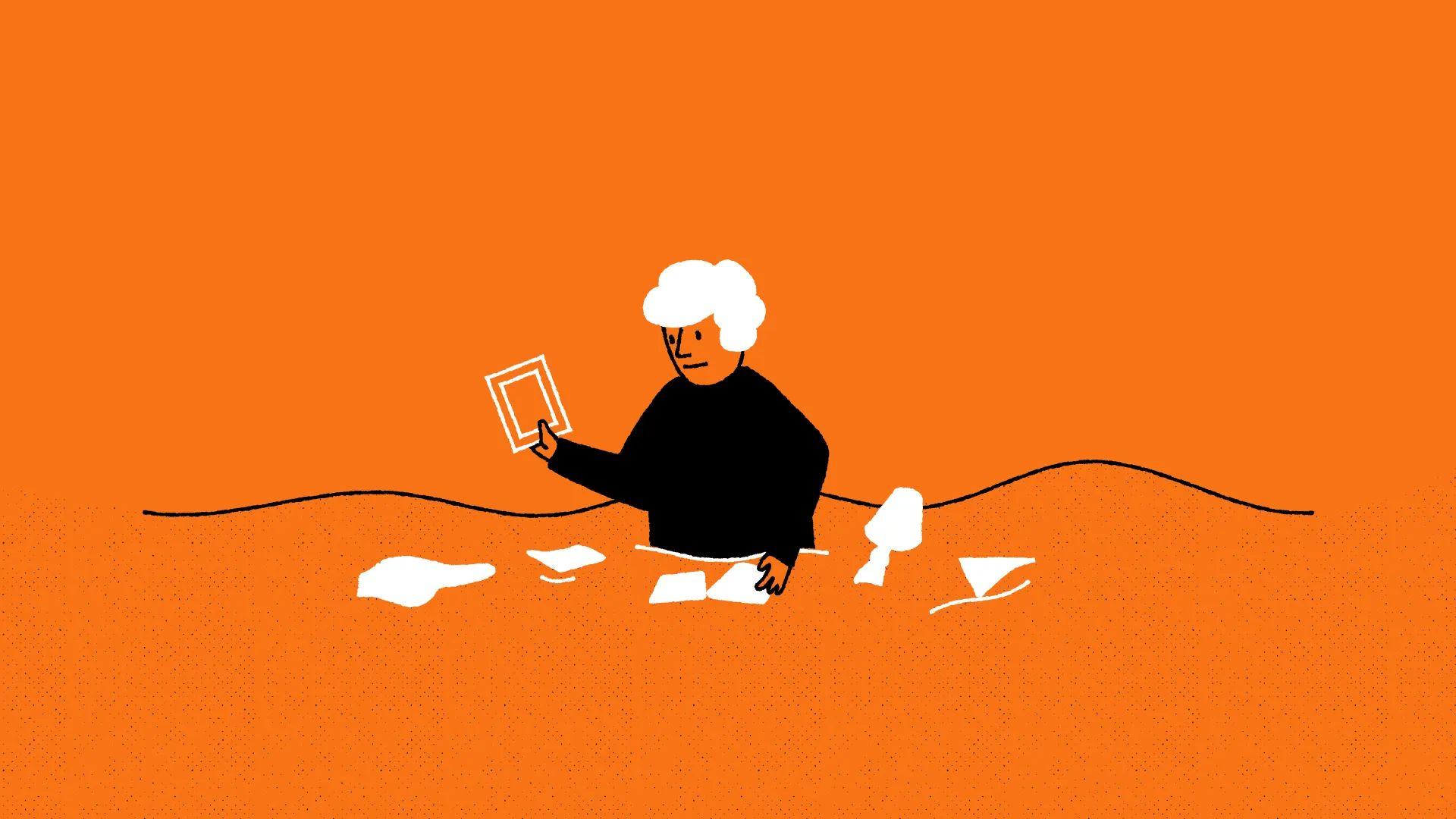
What is Contents Insurance?
Contents Insurance covers all the stuff in your home that isn’t the building itself. Think of it this way - if you tipped your house upside down, everything that falls to the bottom is covered under contents insurance.
Contents Insurance covers you against loss, theft or damage to your possessions. It can also cover you if you take items out of the home, on holiday, for example. It’s not just your stuff that’s protected - anyone who lives there permanently will be covered too.
Do I need Contents Insurance?
You don’t have to take out contents insurance, but it’s a really good idea to get it. If any of your expensive things get lost, damaged or stolen then you won’t have to pay to replace them.
How is Contents Insurance cover calculated?
Your cover is based on the cost of replacing all your possessions. You’ll want to include everything, even carpets and the stuff in your shed.
As with buildings insurance, an insurer will work out how much you’ll pay based on either the number of rooms in your house (bedroom rated) or the total value of your possessions (sum insured).
Our friendly Insurance Specialists will give you free advice, making sure you get the right cover at the right price. Make a mortgage enquiry to get started.
We Make Insurance Easy!
Insurance is a confusing market with lots of jargon. Sometimes, it’s hard to know what you’re even buying. That’s where we can help. Our Insurance Specialists will give you free no-nonsense advice and find the right cover at the right price.
Information
Tools & Guides
Haysto, a trading style of Haysto Ltd, is an appointed representative of HL Partnership Limited, which is authorised and regulated by the Financial Conduct Authority.Registered Office: Haysto, Crystal House, 24 Cattle Market Street, Norwich, NR1 3DY. Registered in England and Wales No. 12527065
There may be a fee for mortgage advice. The exact amount depends upon your circumstances but will range from £599 to £1599 and this will be discussed and agreed with you at the earliest opportunity.
The guidance and/or information contained within this website is subject to the UK regulatory regime and is therefore targeted at consumers based in the UK.
Your home may be repossessed if you do not keep up repayments on your mortgage.








